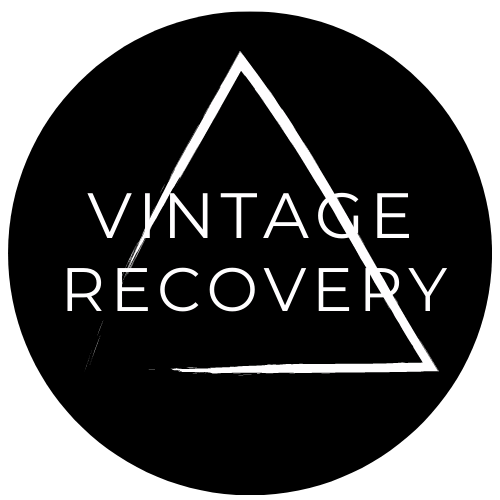
Is Vegan Leather Really Any Better Than Real Leather?
Share
Leather has long been a staple material in fashion, furniture, and accessories. Its durability, versatility, and luxurious feel have made it a desirable choice for centuries. However, as awareness of environmental and ethical issues grows, so does the debate surrounding the use of real leather. Enter vegan leather, a synthetic alternative designed to mimic the look and feel of traditional leather without the use of animal products. But the question remains: Is vegan leather truly a superior choice, or does it come with its own set of drawbacks?
The Case for Vegan Leather:
Advocates of vegan leather argue that it offers several advantages over traditional leather:
-
Ethical Considerations: Vegan leather spares animals from the cruelty often associated with the leather industry, where animals are raised and slaughtered for their hides. For those concerned about animal welfare, opting for vegan leather can provide peace of mind.
-
Environmental Impact: The production of real leather involves intensive resource use, including large amounts of water and chemicals for tanning. Additionally, livestock farming contributes to deforestation and greenhouse gas emissions. In contrast, vegan leather can be made from a variety of materials, including polyurethane and plant-based alternatives like cork or pineapple leaves, which may have a lower environmental footprint.
-
Versatility: Vegan leather can be engineered to mimic the texture and appearance of real leather, offering a wide range of styles and colours. It also tends to be more resistant to water and stains, making it easier to care for in some cases.
The Case for Real Leather:
Despite the arguments in favour of vegan leather, proponents of real leather highlight its unique qualities and benefits:
-
Durability: Genuine leather is renowned for its longevity and resilience. High-quality leather goods can last for decades with proper care, making them a sustainable choice in the long run.
-
Natural Material: Real leather is biodegradable and often considered a by-product of the meat industry, utilising hides that might otherwise go to waste. Some argue that this makes it a more sustainable option compared to synthetic materials that can take hundreds of years to decompose.
-
Timeless Appeal: Leather has a timeless quality that transcends trends, making it a classic choice for fashion and design. Its rich patina develops over time, adding character and value to leather goods.
The Verdict:
So, is vegan leather any better than real leather? The answer depends on your priorities and values. If animal welfare and environmental sustainability are paramount to you, vegan leather may be the preferred option. It offers a cruelty-free alternative with potentially lower environmental impact.
However, if durability, natural materials, and timeless appeal are important factors in your decision-making process, real leather may still hold sway. While it comes with its own set of ethical and environmental considerations, it remains a sought-after choice for many consumers.
Ultimately, the debate between vegan leather and real leather is complex and multifaceted. As consumers, it's essential to weigh the pros and cons of each option and make informed choices that align with our values and preferences. Whether you opt for vegan leather, real leather, or alternative materials altogether, the most important thing is to support sustainable and ethical practices within the fashion and design industries.
